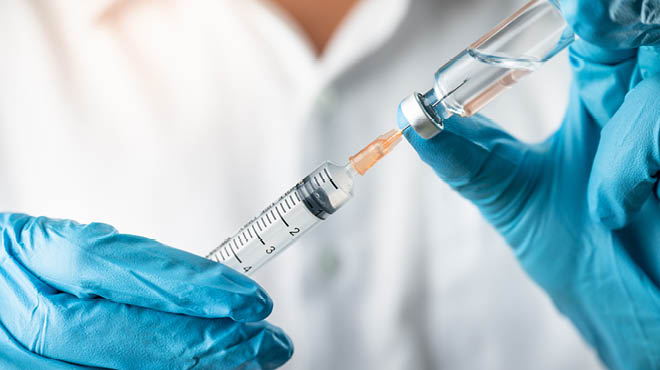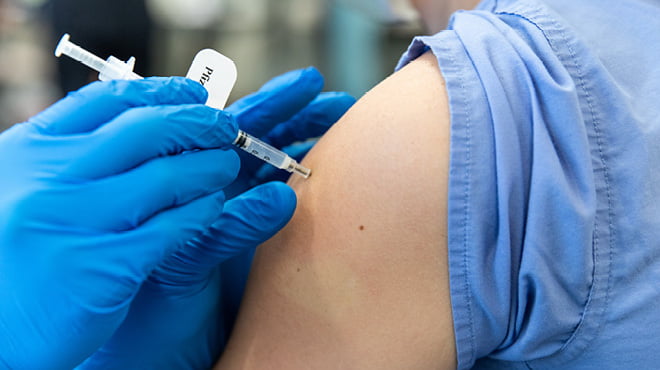Recent Posts
Q&A: COVID-19 and loss of smell, taste

Smell is an often underrated sense, and many don't realize how truly important it is until it doesn't work normally. Smell is linked to emotion and memory, alerts us to danger and possibly most importantly works with the sense of taste to give us flavor.
The loss of smell, or anosmia, can be devastating and has even been associated with depression. The COVID-19 pandemic has brought anosmia into the spotlight. However, many viruses can cause smell dysfunction, such as the common cold.
Learn more in this Q&A:
What should you do if you've lost your sense of smell and taste?
Smell dysfunction is common and often the first symptom of a COVID-19 infection. Therefore, you should self-isolate and get tested for COVID-19 when you can. It is also common in other viral upper respiratory illness, such as the common cold, but rarely is it the only or first symptom in those cases.
How common is it to lose your sense of smell and taste?
Smell dysfunction likely affects 50%–75% of people in the U.S. Most of the time taste also is affected since smell and taste work together to create flavor.
Can you just lose your sense of taste or smell?
It's unlikely to lose the sense of smell without also perceiving a loss or change in taste.
Why does COVID-19 affect smell and taste?
While the precise cause of smell dysfunction is not entirely understood, the mostly likely cause is damage to the cells that support and assist the olfactory neurons, called sustentacular cells. These cells can regenerate from stem cells, which may explain why smell recovers quickly in most cases.
How long does the loss of taste and smell last?
Approximately 90% of those affected can expect improvement within four weeks. Unfortunately, some will experience a permanent loss.
Could you experience unusual tastes and smells?
Phantosmia is the perception of a smell that doesn't exist, much like phantom limb pain. Regardless of the cause of loss of smell, patients can experience phantosmia. Often the phantom smell is unpleasant, such as the smell of smoke or rotten meat. Also, normally pleasant smells can be perceived as foul.
Does the loss of taste and smell mean you had a mild, moderate or severe case of COVID-19?
The severity of symptoms is not predicted by the loss of smell. However, it is common for anosmia to be the first and only symptom.
What should you do if the loss of taste and smell lingers on? Is help available?
In most cases, smell dysfunction recovers quickly. However, it can take months. In a minority of cases, recovery can be incomplete with lasting impairment. While no proven treatment is available, olfactory training is recommended. Topical corticosteroid sprays also are often used in short-term treatment, but they are unlikely to help outside of the acute illness period. Clearly, the best treatment is prevention, such as wearing a mask, practicing social distancing and getting vaccinated for COVID-19.
David Valencia, M.D., is an otorhinolaryngologist in La Crosse and Onalaska, Wisconsin.




